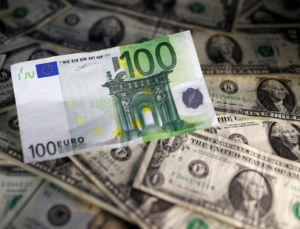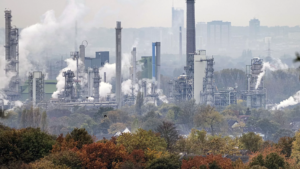France’s Controversial Proposal: Recycling Radioactive Waste into Cutlery

Introduction to France’s Recycling Initiative
In a bold attempt to address the intractable issue of nuclear waste, French energy company EDF has proposed turning very low-level radioactive metals into everyday items such as cutlery and cookware. This initiative comes on the heels of the closure of the Fessenheim nuclear plant, marking a significant pivot in how France can handle its surplus nuclear materials.
How the Recycling Process Works
If approved by the public and French regulatory bodies, the envisioned recycling center will span 15 hectares near the Fessenheim site. Laurent Jarry, a former plant director, indicated that the facility could process 500,000 tonnes of low-level radioactive metals over four decades. This material primarily includes rubble and scrap generated from the operation of nuclear facilities, presenting a manageable recycling opportunity that the industry has been keen to explore.
Public Concerns and Regulatory Challenges
Despite the potential benefits, the proposal stirs significant controversy. Critics, including anti-nuclear advocates, argue that any level of radiation poses inherent risks to human health, emphasizing that there should be no exposure threshold deemed ‘safe.’ The project requires public approval and amendments to the French public health code and environmental clearance. While EDF may take cues from practices already established in Sweden and Germany, the French context remains fraught with regulatory concerns.
In the coming years, intense public discourse will occur as voters weigh the promise of innovative recycling against health risks. Stay tuned as this story unfolds and France potentially redefines its approach to nuclear waste management.








